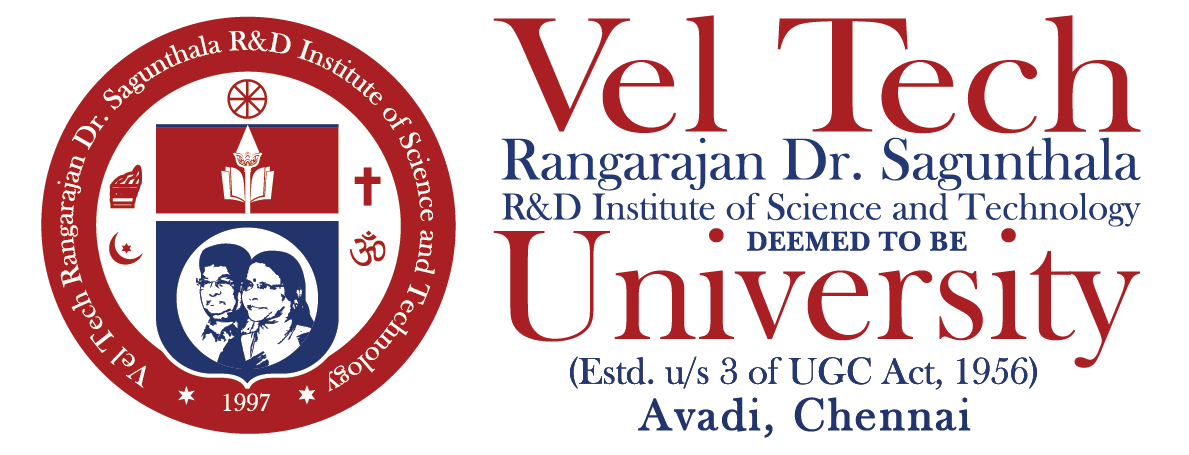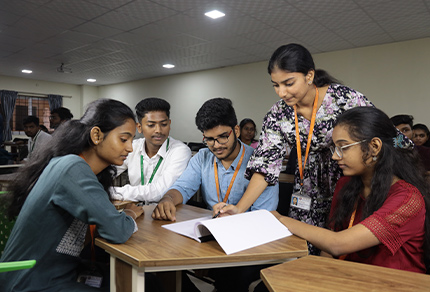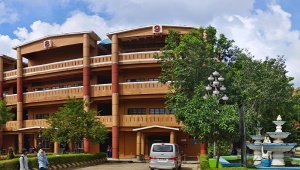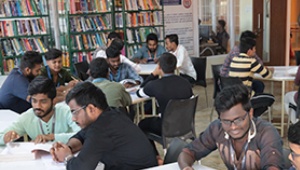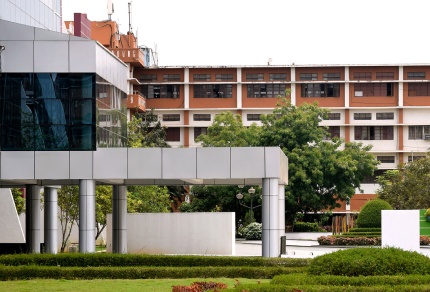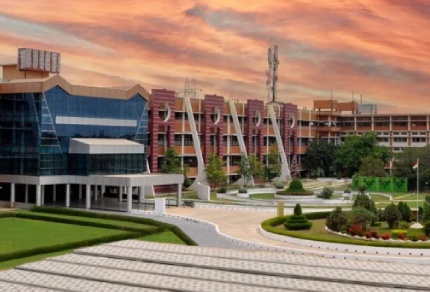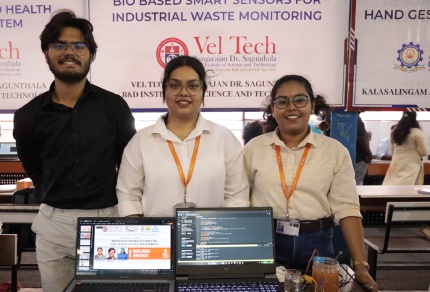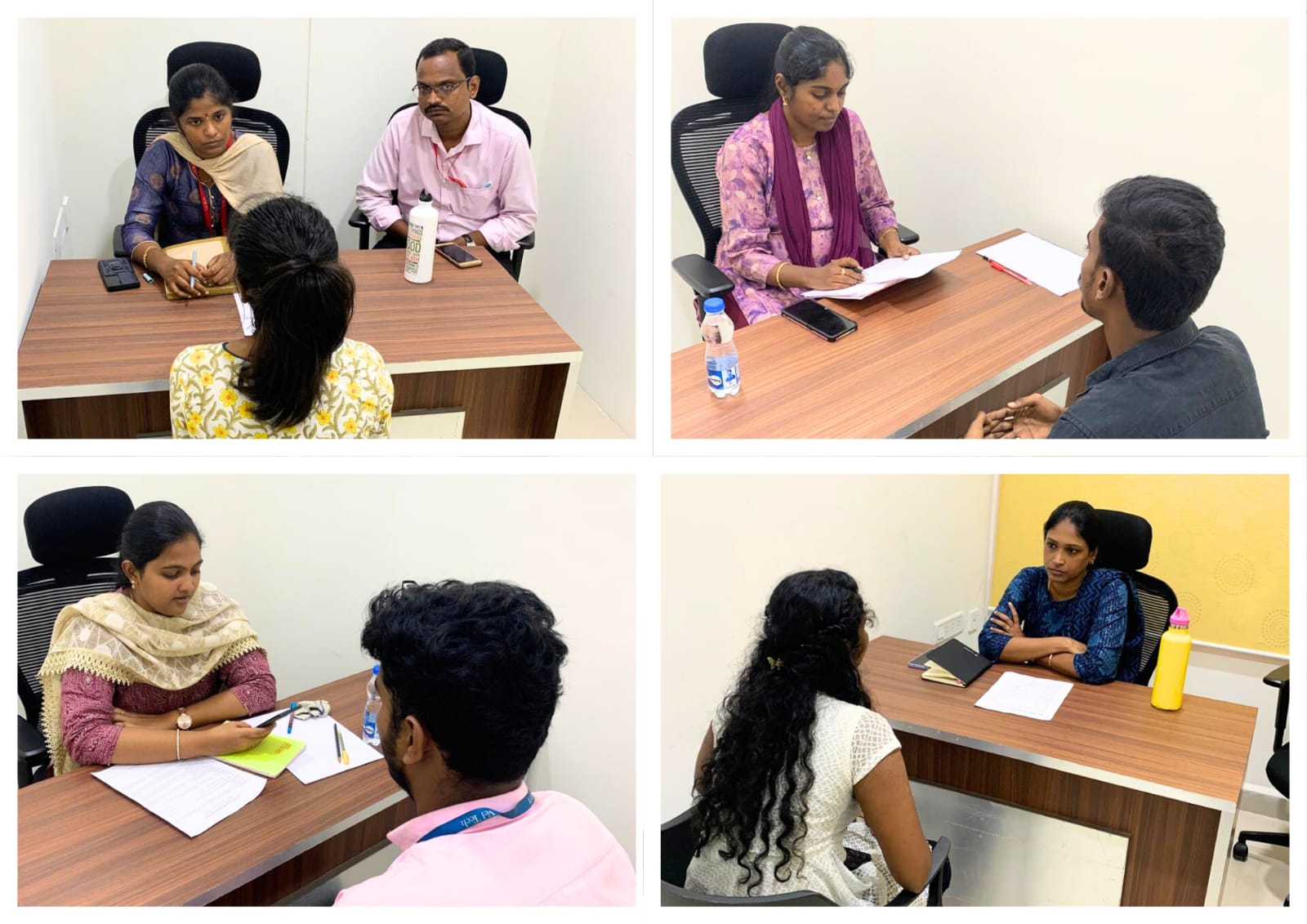Department of Computer Science and Engineering(Cyber Security)
About
B.Tech. CSE (Cyber Security) is designed to address the industry’s increasing demand for skilled security professionals in the public and private sector, both in the Data Security and in the Network/Cloud Security domains. The programme covers core computer science subjects as well as Cyber Security specific courses. The emphasis of the program is to nurture students with the knowledge and skills required to secure computers, detect and analyze attacks and threats, respond to attacks, develop security policies, procedures, and standards.
Programme Offered
- B.Tech. Computer Science and Engineering (Cyber Security)
Programme curriculum structure
Objectives of the Programme
- Inculcate the knowledge of mathematical foundations and algorithmic principles for effective problem solving.
- Equip with the required skills in the field of Cyber Security and relevant area.
- Excel in career with updated technologies in the field of cyber security or continues higher education at a reputed institution in India or abroad.
- Exhibit professional ethics, effective communication and team work in solving contemporary knowledge engineering problems and to excel in social innovations
Major Modules
- Foundation Core
- Computer Science & Engineering
- Artificial Intelligence
- Machine Learning
- Project (Research/Industry)
PROGRAMME EDUCATIONAL OBJECTIVES (PEO)
After completion of degree graduate will
PEO1: Formulate, solve and analyze Computer Science and Engineering problems using necessary mathematical, scientific and engineering fundamentals.
PEO2: Equip with strong theoretical and practical knowledge to solve computing problems by using Artificial Intelligence and Machine Learning techniques.
PEO3: Excel as software engineer in the domains of Artificial Intelligence and Machine Learning or continues higher education at a reputed institution in India or abroad.
PEO4: Demonstrate critical thinking, communication, teamwork, leadership skills and ethical behaviour necessary to function productively and professionally
PROGRAM OUTCOMES (POs)
Engineering Graduates will be able to:
PO1. Engineering knowledge: Apply the knowledge of mathematics, science, engineering fundamentals, and an engineering specialization to the solution of complex engineering problems.
PO2. Problem analysis: Identify, formulate, review research literature, and analyze complex engineering problems reaching substantiated conclusions using first principles of mathematics, natural sciences, and engineering sciences.
PO3. Design/development of solutions: Design solutions for complex engineering problems and design system components or processes that meet the specified needs with appropriate consideration for the public health and safety, and the cultural, societal and environmental considerations.
PO4. Conduct investigations of complex problems: Use research-based knowledge and research methods including design of experiments, analysis and interpretation of data, and synthesis of the information to provide valid conclusions.
PO5. Modern tool usage: Create, select, and apply appropriate techniques, resources, and modern engineering and IT tools including prediction and modeling to complex engineering activities with an understanding of the limitations.
PO6. The engineer and society: Apply reasoning informed by the contextual knowledge to assess societal, health, safety, legal and cultural issues and the consequent responsibilities relevant to the professional engineering practice.
PO7. Environment and sustainability: Understand the impact of the professional engineering solutions in societal and environmental contexts, and demonstrate the knowledge of, and need for sustainable development.
PO8. Ethics: Apply ethical principles and commit to professional ethics and responsibilities and norms of the engineering practice.
PO9. Individual and team work: Function effectively as an individual, and as a member or leader in diverse teams, and in multidisciplinary settings.
PO10. Communication: Communicate effectively on complex engineering activities with the engineering community and with society at large, such as, being able to comprehend and write effective reports and design documentation, make effective presentations, and give and receive clear instructions.
PO11. Project management and finance: Demonstrate knowledge and understanding of the engineering and management principles and apply these to one’s own work, as a member and leader in a team, to manage projects and in multidisciplinary environments.
PO12. Life-long learning: Recognize the need for, and have the preparation and ability to engage in independent and life-long learning in the broadest context of technological change.
PROGRAM SPECIFIC OUTCOMES (PSO)
On successful completion of the program, the graduates will be able to,
PSO1: Develop the applications in various domains of computer science and engineering using appropriate algorithms and techniques.
PSO2: Use tools and techniques to provide secure solutions for offensive and defensive cyber security.
Faculty
S.NO | Faculty_ID | NAME | DESIGNATION | QUALIFICATION |
| 1 | TTS 3844 | Dr. RAJENDRAN.T | PROFESSOR & HoD | B.Sc., M.C.A., M.E., Ph.D. |
| 2 | TTS 3845 | Dr. RAMAMOORTHI.S | ASSISTANT PROFESSOR – SENIOR GRADE | B.E., M.E., Ph.D. |
| 3 | TTS 3846 | Dr. MOHAMED SITHIK. M | ASSISTANT PROFESSOR – SENIOR GRADE | B.E., M.E., Ph.D. |
| 4 | TTS 3848 | Dr. PRIYA. S | ASSISTANT PROFESSOR – SENIOR GRADE | B.Tech., M.Tech., Ph.D. |
| 5 | TTS 3865 | Dr. SARANYA. R | ASSISTANT PROFESSOR – SENIOR GRADE | B.Tech., M.Tech., Ph.D. |
| 6 | TTS 3739 | AISHWARYA. B | ASSISTANT PROFESSOR | B.E., M.E., |
| 7 | TTS 3755 | ABIRAAMI. T. V | ASSISTANT PROFESSOR | B.E., M.E., |
| 8 | TTS 3896 | SATHEESH KUMAR.M | ASSISTANT PROFESSOR | B.E., M.E., |
| 9 | TTS 3970 | MOHAMMED UVEISE. S.A | ASSISTANT PROFESSOR | B.E., M.Tech., |
| 10 | TTS 3981 | SHAHUL HAMEED. C | ASSISTANT PROFESSOR | B.E., M.E., |
